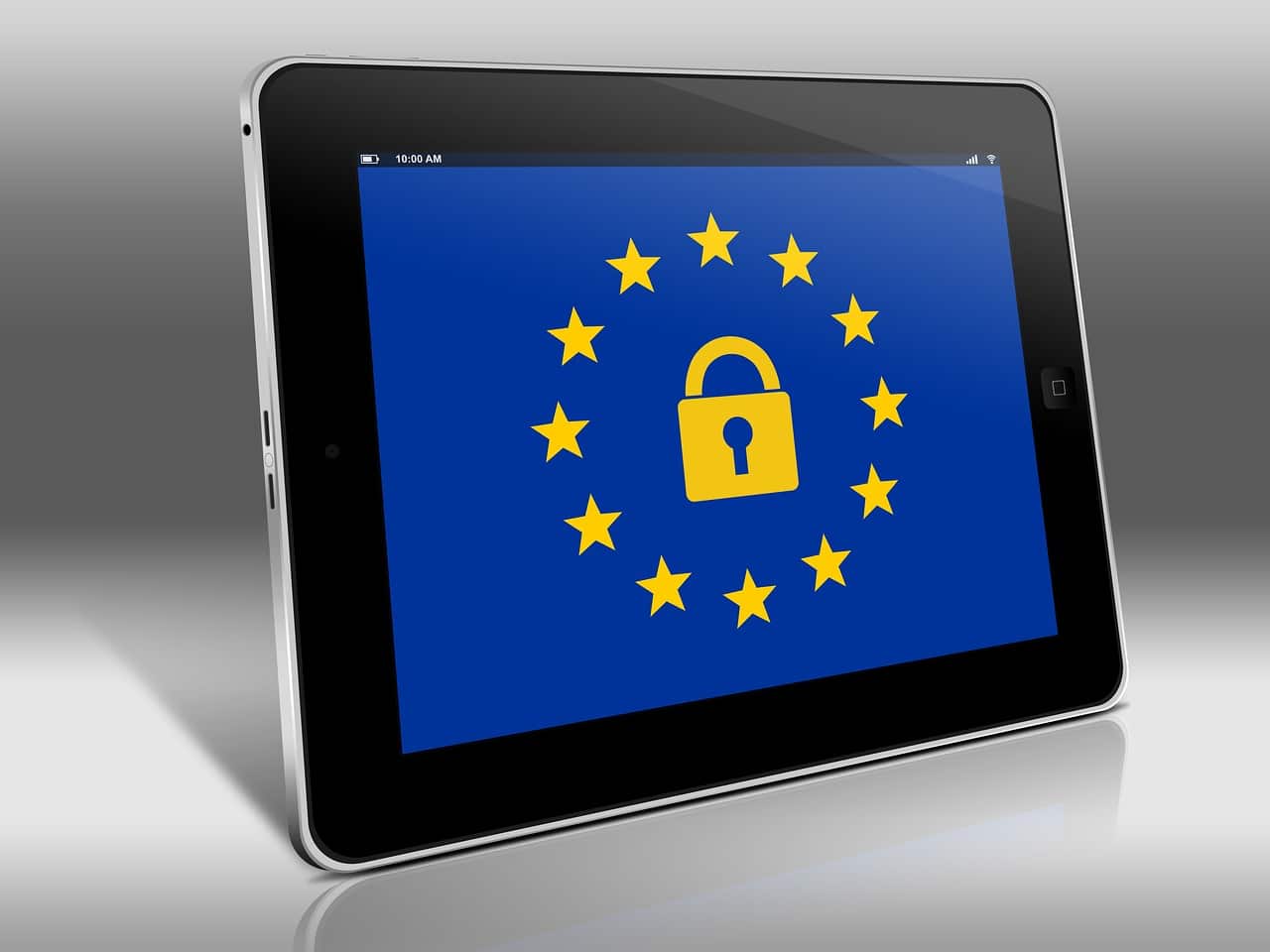Cybersecurity Breaches and Their Impact on Privacy Law
Cybersecurity breaches have become increasingly prevalent in today’s digital world. From large corporations to small businesses, no entity is immune to the devastating impacts of a data breach. These attacks not only compromise sensitive information but also have significant implications on privacy laws. With the rise of cybercrimes, governments and regulatory bodies around the world have implemented stringent measures to protect individuals’ and organizations’ data. In this article, we will delve into the complex world of cybersecurity breaches and their impact on privacy law. 
The Growing Threat of Cybersecurity Breaches
In recent years, cybersecurity breaches have become more frequent, sophisticated, and widespread. According to a report by Risk Based Security, there were a staggering 5,183 data breaches reported in the first nine months of 2020, exposing over 36 billion records. These numbers are alarming and highlight the severity of the situation.
The primary goal of a cyberattack is to gain unauthorized access to sensitive information, such as personal data, financial records, and trade secrets. The attackers exploit vulnerabilities in the digital infrastructure, including outdated software, weak passwords, and lack of proper security protocols. A data breach can result in significant financial losses, reputational damage, and legal consequences for the affected organization.
The Impact on Privacy Law
Privacy laws are designed to safeguard individuals’ personal data and ensure that their privacy rights are respected. However, with the increasing frequency and severity of cybersecurity breaches, these laws are facing new challenges. Let’s take a look at some of the major impacts of data breaches on privacy laws.
Data Protection and Security
One of the most significant impacts of cybersecurity breaches is the need for stronger data protection and security laws. With the constant evolution of cyber threats, regulations must keep up to ensure the safety of personal data. This has led to the implementation of strict laws, such as the European Union’s General Data Protection Regulation (GDPR) and the California Consumer Privacy Act (CCPA), which aim to protect individuals’ personal information and hold organizations accountable for any data breaches.
Reputation and Trust
Cybersecurity breaches not only affect an organization’s bottom line, but they also damage its reputation and erode consumer trust. When a company fails to protect its customers’ data, it can result in a loss of business and a tarnished image. This has led to the inclusion of breach notification laws in various countries, which require organizations to inform individuals if their personal data has been compromised in a data breach. These regulations aim to promote transparency and trust between businesses and consumers.
International Enforcement
Cybersecurity breaches are not confined to geographical boundaries, making it challenging to enforce privacy laws. However, with the increasing frequency of data breaches, it has become imperative for governments to work together and establish international cooperation in cybersecurity matters. The GDPR, for example, applies to all organizations processing personal data of individuals residing in the European Union, regardless of the company’s location. This has put companies worldwide under immense pressure to comply with GDPR’s strict data protection requirements.
Conclusion
In today’s digital landscape, it is crucial for organizations to prioritize cybersecurity and adhere to privacy laws. The impact of a data breach goes far beyond financial losses and legal consequences; it can damage a company’s reputation and erode consumer trust. With the evolving nature of cyber threats, privacy laws will continue to be challenged and updated to ensure the safety and privacy of individuals’ personal data. It is the responsibility of every organization to protect and respect individuals’ privacy rights and work towards a more secure digital environment for all.
In conclusion, it is evident that cybersecurity breaches have a profound impact on privacy laws. The ever-increasing threat of data breaches has led to the implementation of stringent regulations to protect individuals’ personal information. With international cooperation and a collective effort from both businesses and governments, we can strive towards a more secure digital world.









